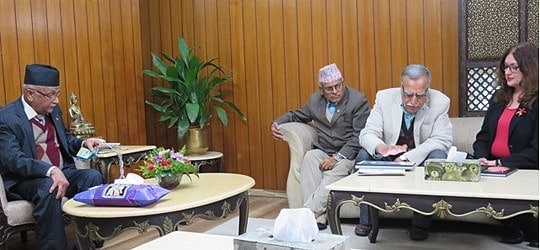
Because people are always stronger when they are united, several laureates of the Right Livelihood Award (RLA, “Alternative Nobel Prize”) recently gathered in Kathmandu (Nepal) for a two-day seminar to support Shrikrishna Upadhyay of Sappros-Nepal and its partners. His new initiative is titled Make Nepal Green. Upadhyay received the award in 2010. Winners from China, Japan and India had come, or joined via Skype, to share their expertise with the activists from Nepal. For us, the RLA’s board, the week was instructive and, as so often, inspiring – to get to know the country and the people who are committed to creating a more sustainable world, even in the face of adversity.
The “Make Nepal Green” initiative arose after the Regional Conference of RLA Laureates from Asia and the Pacific held at Mumbai in March 2015 and devastating earthquake in April and May 2015. The pressure for a renovation is great in Nepal: There is still much to do to rebuilt the country. Water shortage exists in many parts, and even historic temples are destroyed and need to be rebuilt. But in spite of all that we felt a great openness for renewable energy, organic farming and local participation in the decision making process. Having the international Laureates on site gave the initiative more attention, so that possibilities that their ideas and practical solutions will be incorporated into the reconstruction and in the future plan of Nepal, increase. At the same time everyone at the seminar benefited directly from the other’s expertise.
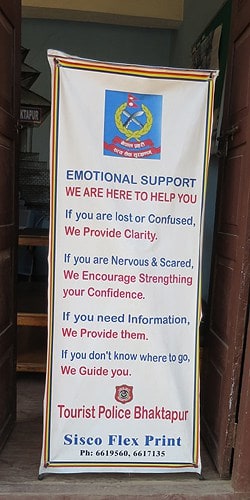
Regarding the subject of renewable energy, it was fantastic to have Huang Ming from China, a solar visionary, at the seminar. Ming received the “Alternative Nobel Prize” in 2011 for having made attractive high-tech solar systems for the masses. The entrepreneur explained his vision: “In the Paris Climate Conference, I declared that I have focused on China for the last 21 years, for the next 21 years, I want to focus on the world. I want to bring solar energy to the poorest areas in the world. I want to focus on the North of Nepal.” He also notes: “Solar technology is really practical. It’s Right Livelihood. It’s not just for the rich and middle class. It’s for the poor. It’s for everyone.”
Shrikrishna Upadhyay said he hopes to bring a “Make Nepal Green Fund” into existence. With the money, he would spread the ideas of the many small initiatives in the country already existing in the fields of renewable energy, organic farming or ecotourism and transmit technology and knowledge to the whole country. We have already made a lot of contacts with politicians, banks, diplomats and activists in our seminar and want to continue the dialogue. With the help of our wonderful award winners we want to show to the decision-makers in Nepal, what is possible, if one really wants to change things. It would be perfect if Nepal’s Prime Minister would visit the Huang Ming’s company in Solar City during his upcoming visit to China. The man convinced everyone about the potential of solar energy at the seminar. I am sure he could do the same with the Prime Minister!
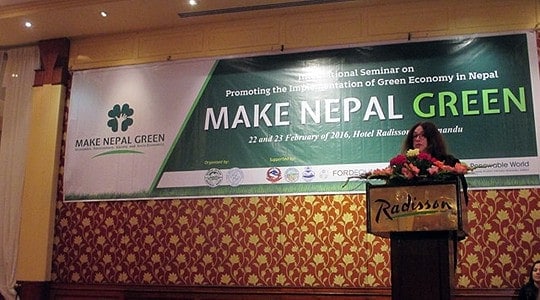
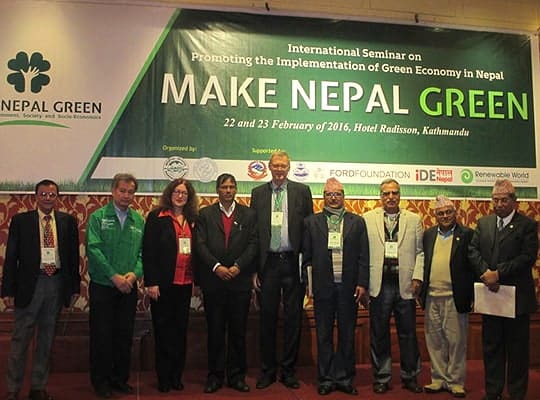
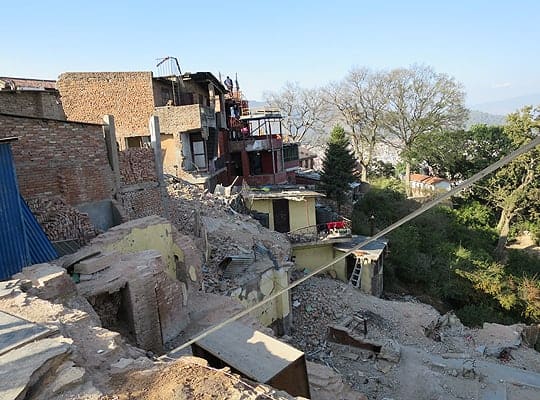
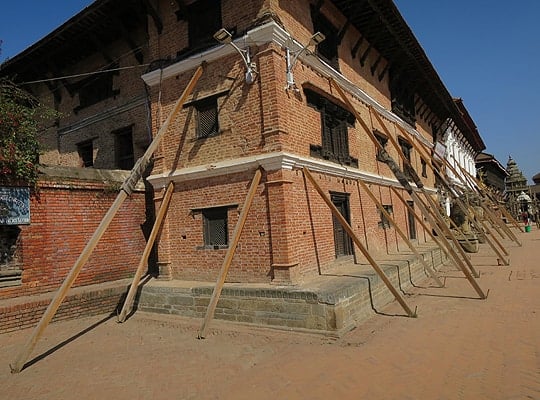
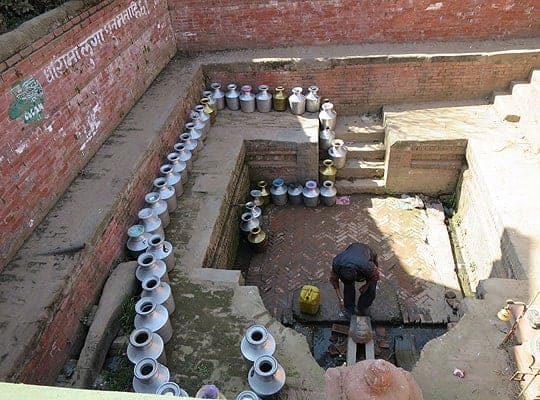

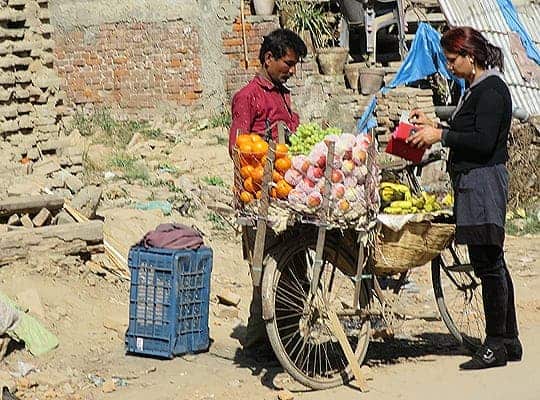
 Monika Griefahn GmbH
Monika Griefahn GmbH
Leave a Reply